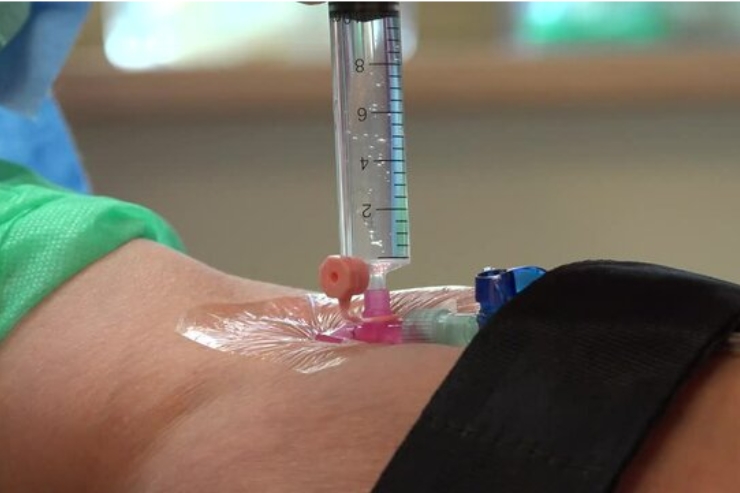
Understanding CAPD Catheter Insertion
Continuous Ambulatory Peritoneal Dialysis (CAPD) is a home-based dialysis method used for patients with end-stage renal disease. The process requires the insertion of a soft, flexible tube called a peritoneal dialysis catheter into the abdomen. This catheter serves as a permanent access point for the infusion and drainage of dialysis fluid into and out of the peritoneal cavity. The procedure is typically performed under local anesthesia or mild sedation. The catheter is usually placed surgically or via a percutaneous method, ensuring that the internal portion rests in the pelvic cavity while the external portion exits the abdominal wall for easy access. Proper catheter placement is critical for effective dialysis and to minimize complications such as infections or poor drainage.
Procedure and Post-Insertion Care
The CAPD catheter insertion is a minimally invasive but highly precise procedure. Once the catheter is placed, it is secured and the site is dressed to prevent contamination. Patients are generally advised to wait 10–14 days before beginning full dialysis to allow healing and minimize the risk of leaks. During this time, the healthcare team will monitor for any signs of infection or mechanical issues. Training sessions are also provided to educate patients and caregivers on how to use the catheter safely at home. This includes maintaining strict hygiene, performing proper exchange techniques, and recognizing early signs of complications such as peritonitis or blockage.
Benefits and Long-Term Management
CAPD catheterization offers significant benefits for patients who prefer the convenience and flexibility of home dialysis. It eliminates the need for regular hospital visits and allows individuals to maintain a more normal lifestyle. Moreover, peritoneal dialysis is often better tolerated by certain patients, especially those with cardiac conditions, as it is a gentler process compared to hemodialysis. Long-term success with a CAPD catheter depends on proper care, regular follow-ups, and strict adherence to infection prevention protocols. With the guidance of an experienced nephrologist, such as Dr. Tanurekha Hazarika, patients can manage their dialysis effectively and enjoy improved quality of life.
Services
Have questions about your kidney health?
Get expert answers and personalized guidance from a trusted nephrologist. Your kidneys matter most.